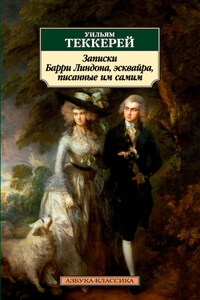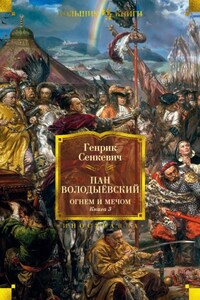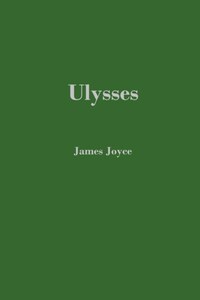Under a gay awning of red and white which covered a portion of the famous roof-garden of the Palacete Mendoza at Rio, reclined Gideon Mendoza Morse, the richest man in Brazil, and – it was said – the third richest man in the world.
He lay in a silken hammock, smoking those little Brazilian cigarettes which are made of fragrant black tobacco and wrapped in maize leaf.
It was afternoon, the hour of the siesta. From where he lay the millionaire could look down upon his marvelous gardens, which surrounded the white palace he had built for himself, peerless in the whole of South America.
The trunks of great trees were draped with lianas bearing brilliantly-colored flowers of every hue. There were lawns edged with myrtle, mimosa, covered with the golden rain of their blossoms, immense palms, lazily waving their fans in the breeze of the afternoon, and set in the lawns were marble pools of clear water from the center of which fountains sprang. There was a continual murmur of insects and flashes of rainbow-colored light as the tiny, brilliant humming birds whirred among the flowers. Great butterflies of blue, silver, and vermilion, butterflies as large as bats, flapped languidly over the ivory ferns, and the air was spicy and scented with vanilla.
Beyond the gardens was the Bay of Rio de Janeiro, the most beautiful bay in all the world, dominated by the great sugar-loaf mountain, the Pão de Azucar, and studded with green islands.
Gideon Morse took a pair of high-powered field-glasses from a table by his side and focused them upon the harbor.
A large white yacht, lying off Governador, swam into the circle, a five-thousand-ton boat driven by turbines and oil fuel, the fastest and largest private yacht in existence.
Gideon Morse gave a little quiet, patient sigh, as if of relief.
He was a man of sixty odd, with a thick thatch of white hair which came down upon his wrinkled forehead in a peak. His face was tanned to the color of an old saddle, his nose beaked like a hawk, and his mouth was a mere lipless cut which might have been made by a knife. A strong jaw completed an impression of abnormal quiet, and long enduring strength. Indeed the whole face was a mask of immobility. Beneath heavy black brows were eyes as dark as night, clear, but without expression. No one looking at them could ever tell what were the thoughts behind. For the rest, he was a man of medium height, thick-set, wiry, and agile.
A brief sketch of Gideon Mendoza Morse's career must be given here. His mother was a Spanish lady of good family, resident in Brazil; his father an American gentleman of Old Virginia, who had settled there after the war between North and South. Morse was born a native of Brazil. His parents left him a moderate fortune which he proceeded to expand with extraordinary rapidity and success. When the last Emperor, Dom Pedro II., was deposed in 1889, Gideon Mendoza Morse was indeed a rich man, and a prominent politician.
He took a great part in establishing the Republic, though in his earlier years he had leaned towards the Monarchy, and he shared in the immense prosperity which followed the change.
His was not a paper fortune. The fluctuations of stocks and shares could hardly influence it. He owned immense coffee plantations in Para, and was practically the monopolist of the sugar regions of Maranhao, but his greatest revenues came from his immense holdings in gold, manganese, and diamond mines. He had married a Spanish lady early in his career and was now a widower with one daughter.
She came up upon the roof-garden now, a tall slip of a girl with an immense quantity of lustrous, dead-black hair, and a voice as clear as an evening bell.
"Father," she said in English – she had been at school at Eastbourne, and had no trace of Spanish accent – "what is the exact hour that we sail?"
Morse slipped out of the hammock and took her arm in his.
"At ten to-night, Juanita," he replied, patting her hand. "Are you glad, then?"
"Glad! I cannot tell you how much."
"To leave all this" – he waved his hand at what was probably the most perfect prospect earth has to offer – "to leave all this for the fogs and gloom of London?"
"I don't mind the fogs, which, by the way, are tremendously exaggerated. Of course I love Rio, father, but I long to be in London, the heart of the world, where all the nicest people are and where a girl has freedom such as she never has here."














